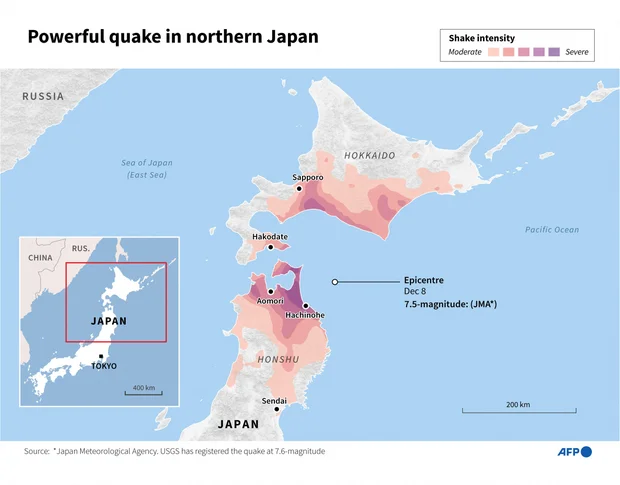
Strategic Minerals Deal Between U.S. and Ukraine Nears Completion
KYIV, Ukraine — Ukrainian officials announced Wednesday they are close to finalizing an agreement that would allow the United States access to critical rare earth minerals, a move seen as pivotal in maintaining American military and economic support during Ukraine’s ongoing conflict with Russia.
Deputy Prime Minister and Economy Minister Yulia Svyrydenko traveled to Washington to help finalize the agreement, which could be signed in the coming days. Ukrainian Prime Minister Denys Shmyhal confirmed the development during a televised statement, calling the deal “strategic” for Ukraine’s reconstruction and defense partnerships.
Agreement Tied to U.S. Aid and Economic Cooperation
The proposed agreement, under negotiation for several months, aims to establish a joint investment fund focused on mining and developing rare minerals such as titanium, lithium, graphite, and uranium. These materials are essential to aerospace, nuclear, and electric vehicle industries.
While initial U.S. proposals faced resistance from Kyiv over concerns the deal overly favored American interests, recent revisions reportedly reflect a more balanced structure. Shmyhal noted the agreement is designed to form “an equal international partnership” that avoids interfering with Ukraine’s ambitions to join the European Union.
Under the draft agreement:
- The partnership would last 10 years.
- U.S. contributions would only include new aid, not past assistance.
- Both countries would make financial contributions in cash.
- Ukrainian parliamentary ratification would be required following Cabinet approval.
U.S. Conditions and Geopolitical Context
President Donald Trump has previously linked U.S. support for Ukraine to access to these strategic materials, positioning it as a form of reimbursement for aid already provided. The finalization of the minerals agreement is expected to play a role in determining the future of American military support.
The U.S. seeks access to more than 20 strategic raw materials, according to officials familiar with the matter. The Ukrainian supply of titanium and uranium is considered particularly valuable given growing U.S. industrial demand and security concerns.
Russian Reaction and Ceasefire Developments
As Kyiv and Washington move forward on the minerals deal, Russia has signaled openness to a temporary ceasefire but says key issues must be addressed first. Kremlin spokesperson Dmitry Peskov stated that President Vladimir Putin is willing to hold direct talks but expects clarification on several points before any ceasefire is agreed.
U.S. officials, including Secretary of State Marco Rubio, have pushed for a full 30-day ceasefire, warning both sides to accelerate negotiations. Washington has expressed growing frustration with the slow pace of progress, with some administration officials suggesting U.S. involvement could be reevaluated if no breakthroughs occur soon.
Civilian Impact and Ongoing Attacks
Despite diplomatic efforts, the conflict continues to inflict heavy casualties. According to the United Nations, Ukraine saw over 2,600 verified civilian casualties in the first quarter of 2025 — nearly 900 more than the same period last year. April alone saw a 46% increase in civilian injuries and deaths compared to April 2024.
A recent drone strike on Kharkiv wounded at least 45 civilians, Ukrainian officials reported. Separately, Ukraine claimed responsibility for a drone attack on a Russian military facility, though the impact has not been independently confirmed.




